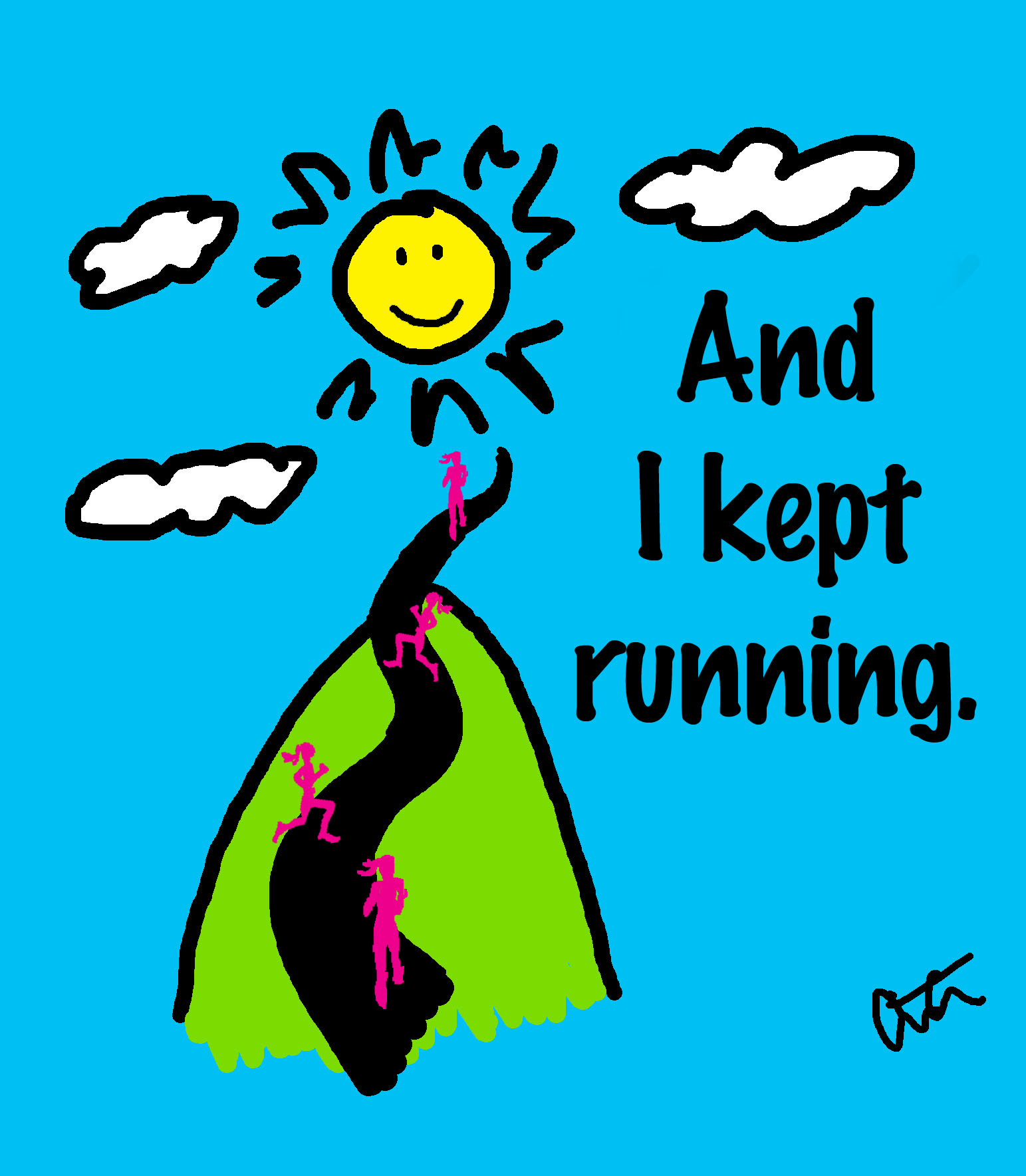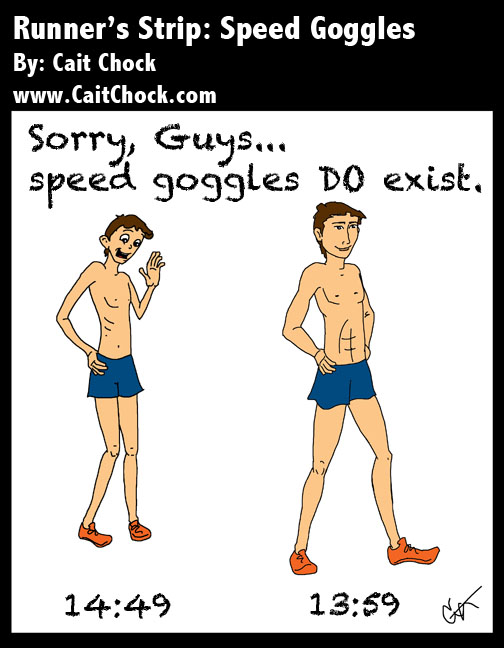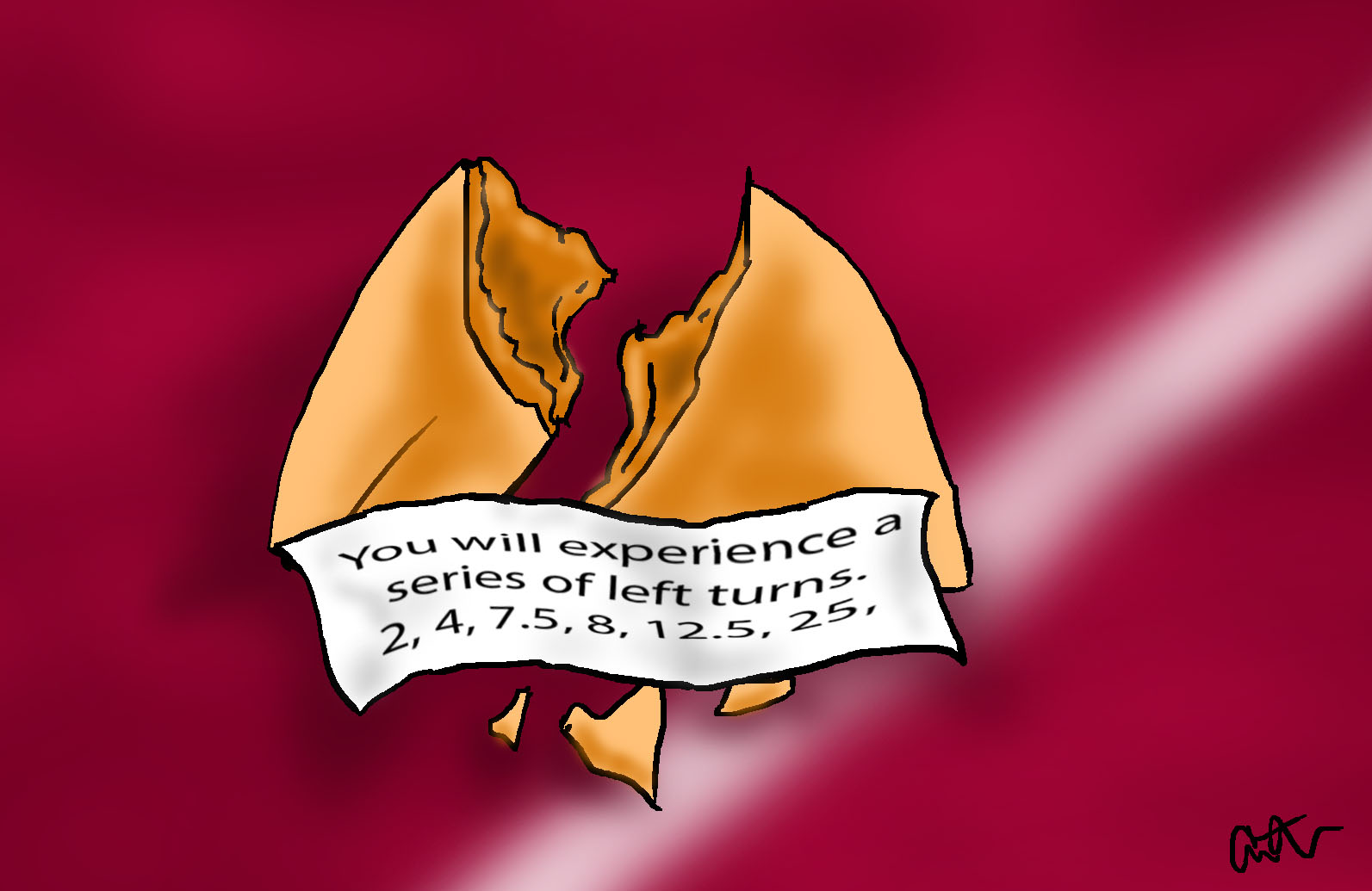I’m a runner who hates excuses. If it’s windy I’d rather run into the wind instead of having it ‘help’ me to a faster time. Sort of like if there is going to be a kind of handicap I’d rather have it work against me.

My line of reasoning is that I’d rather be EXTRA sure I could hit the splits myself. It’s silly logic, but hey, I won’t judge your running quirks so don’t be judging mine. 😉 The thing is, EVEN though I hate giving myself excuses the benefit of the doubt, there comes a point where it’s NOT an excuse, it’s legit.
Wind. Heat. Frigidity. Altitude. These are legitimate factors that effect your running, racing, and performance. A 6 minute mile at sea level is NOT the same as running it at 6,000 feet, in a windstorm, and with sweltering temperatures. It’s just not.
Figuring out what your paces are equivalent to under ‘perfect’ conditions is tricky; lots of math and equations involved. But for training and race planning it’s important to KNOW those numbers.

Brain Rosetti, who founded The Run S.M.A.R.T. Project, recently told me about a new pace calculator their team just launched, The Jack Daniels’ Running Calculator (Daniels is one of the expert coaches offering private training services through The Run S.M.A.R.T Project; the others are all National and World class runners themselves with too many titles to prattle off here!).
The calculator is free for anyone to use, and doesn’t require any more math than a pre-K’er. You can take one of your recent race results, plug it in and the calculator it will give you some training paces to shoot for.
Additionally, you can have it factor in temperatures, wind speeds, and altitude. That way you are able to get a solid idea of the ‘effort level’ versus the actual black and white numbers. Because in going back to running that mile run at 6,000 feet in our windstorm the numbers aren’t the full story.
Now any logical “I want to run faster” runner will get smart and put in the goal race time and let it spit out the training paces. Works well for motivation as much as planning ahead.
I do have to say that I’m of the thinking that if you’re seriously training for something it is SO beneficial to have a coach to give you a kind of training program. Mostly because as a runner it’s far ‘easier’ to just run and take the mind out of it as much as possible. Let a someone else (a coach) do all the thinking; a runner who OVER-THINKS their training is headed for a disaster. Not everyone has a coach, so at least with tools like these more runners are able to wisely go forward in mapping out their own training.
That said, runners can be numbers nerds, and it’s fun to play around with. Did you know that if you wanted to run a 30 minute 10k you should be doing mile repeats at 4:55. If you’re at altitude that could affect it by 5.5 seconds/mile. 😉
1) Excuses are one thing but LEGIT factors are another. How do you try to factor the elements into your training? (ie: wind, temp, etc.)
2) Do you use any kind of race or training calculators?
3) Do you have a coach? If you’re training for something how do you come up with your training plans?


















